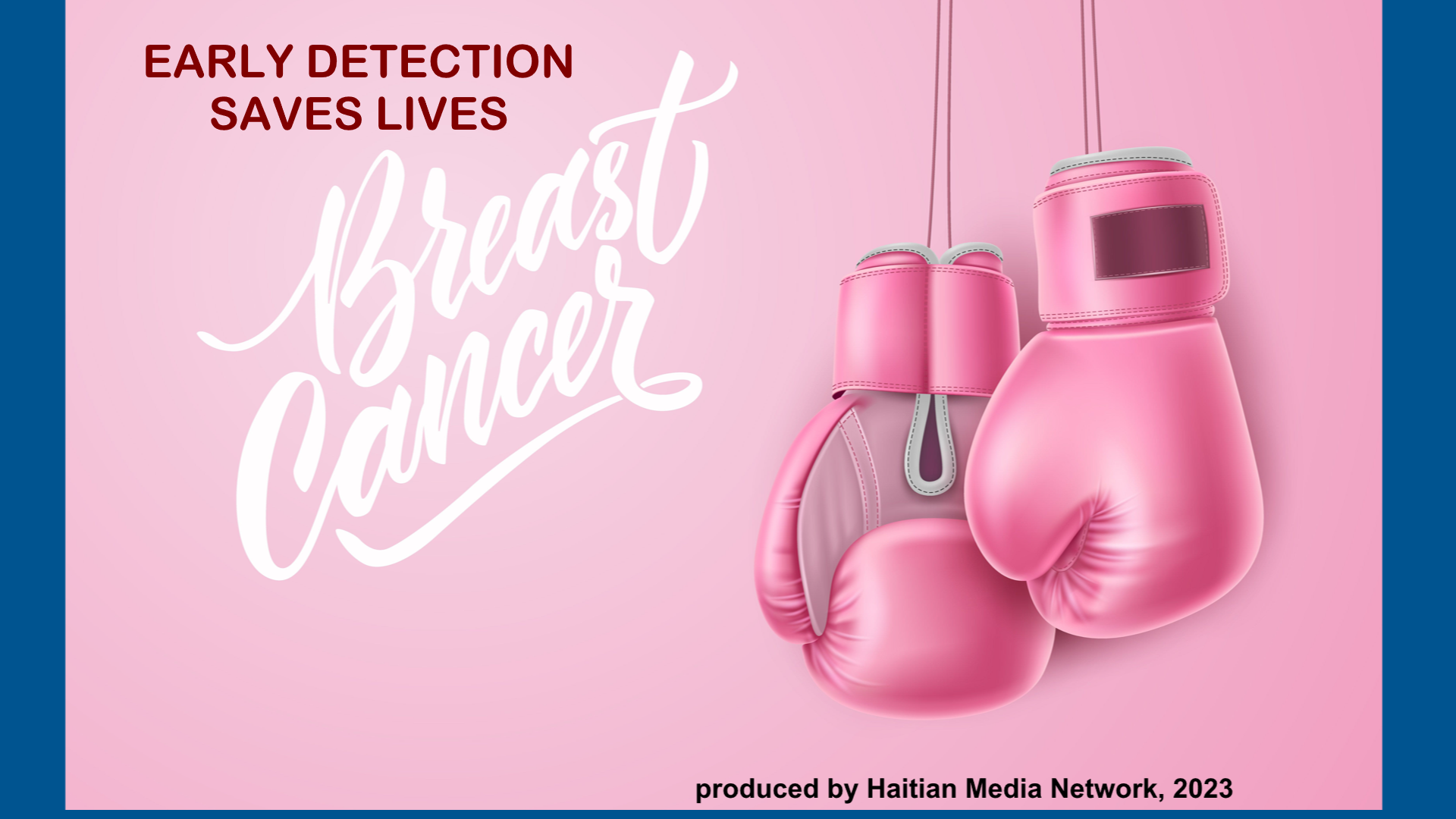Amidst a global biodiversity crisis, Massachusetts to become first state in the country to develop biodiversity goals to 2050; Separate executive order ends state agencies use of single use plastic bottles
WESTBOROUGH – In celebration of National Climate Week, Massachusetts Governor Maura Healey signed two key executive orders to address climate change and sustainability. The first executive order directs the state to develop biodiversity goals for 2030, 2040, and 2050. Massachusetts is the first state to set metrics out to 2050, and the first on the East Coast to include coastal and marine biodiversity. The second executive order bans the executive branch agencies from purchasing single-use plastic bottles, a key contributor to ocean pollution.
Healey first announced the Executive Orders earlier this week at the 2023 Clinton Global Initiative’s annual meeting, which was focused on how to “keep going” in challenging times and to build a stronger future for us all. Governor Healey’s remarks were part the session “Tides Turning: How to Accelerate Sustainable Practices for Ocean Conservation” and are available to watch here.
“Massachusetts has a long history of being first in the nation, and we’re proud to be the first to set long-term targets for biodiversity and to ban state agencies from purchasing single-use plastic bottles,” said Governor Maura Healey. “Our state is home to precious natural resources – from our towering forests, numerous lakes and ponds, vast network of rivers, and beautiful marshland, estuaries, and abundant ocean – that clean our air, power our economy, and serve as a home to hundreds threatened and rare species. These lands define the culture of our state, and today, we are taking bold action to preserve them for generations to come.”
“The importance of sustaining and restoring our state’s biodiversity cannot be overstated,” said Lieutenant Governor Kim Driscoll. “By taking action now, we can ensure that we are balancing development, climate action, and conservation in a thoughtful way. We can’t have strong communities without tackling waste and protecting our natural resources.”
Biodiversity Executive Order
Massachusetts has spent decades protecting natural resources. This executive order directs the Department of Fish and Game (DFG) to conduct a review of existing biodiversity conservation efforts and establish goals and strategies to achieve a nature-positive future for Massachusetts in 2030, 2040, and 2050. Goals will focus on sustaining a full array of Massachusetts plants, animals, and habitats to survive and flourish while providing equitable access to nature and ensuring a climate-resilient landscape for the future.
The 2019 Intergovernmental Science-Policy Platform on Biodiversity and Ecosystem Services estimated that three-quarters of the world’s land surface and 66 percent of its oceans had been significantly altered, and one million species face extinction within decades. Climate change is accelerating this decline, seriously affecting public health, the economy, food security, and emissions reductions. More than half the world’s total gross domestic product is “moderately or highly dependent” vulnerable to biodiversity loss.
Massachusetts’ oceans, rivers, forests, marshes, and conserved lands are critical natural assets for the regional economy and reducing the effects of climate change. Threats to biodiversity include habitat loss and fragmentation, infrastructure, pollution, climate change impacts, and invasive species. Currently, there are over 430 species listed under the Massachusetts Endangered Species Act. Protecting biodiversity is a long-term investment in the health, economy, and climate resilience of Massachusetts.
“Our forests and oceans are some of the most important tools for climate action that we have,” said Energy and Environmental Affairs Secretary Rebecca Tepper. “Our natural resources are a climate solution by design, and it is incumbent upon us to protect them. This framework will also ensure that environmental justice communities can access these green spaces and outdoor recreation as the weather gets more extreme.”
“Already we’ve seen impacts to species and their habitats to species and their habitats across Massachusetts,” said DFG Commissioner Tom O’Shea. “Without setting these targets, we risk further erosion of these natural lands and waters and the species that call them home. The ripple effects on public health, the economy, and food security could be profound. The Department of Fish and Game is proud to be leading this groundbreaking initiative, and we aspire to be a national example for action on biodiversity.”
Single-Use Plastic Executive Order
The executive order bars all executive offices and agencies in Massachusetts from purchasing single-use plastic bottles under 21 fluid ounces, effective immediately and except in cases of emergency.
Most single-use plastic bottles are made from petroleum-based polyethylene terephthalate in refineries that run on fossil fuels. Plastic bottles require as much as 400 years to break down into microplastic that pollutes and leaches toxins. Americans throw away about 2.5 million plastic bottles every hour, and scientists have estimated there may be more plastic than fish by weight in the ocean by 2050.
“At every step of the production process, single-use plastic is polluting our communities and harming our wildlife,” said first-in-the-nation Climate Chief Melissa Hoffer. “Massachusetts is a proud coastal state, and we will not stand by while plastic brings harm to our ocean and the communities that rely on it. My office looks forward to implementing this bold vision for a whole-of-government approach to reducing waste and protecting our natural resources.”
https://www.youtube.com/live/TWFrOwbkoEI?si=lpeXiQpcHBX-78s6
Statements of Support
Stephen Sears, Chair, Massachusetts Fisheries and Wildlife Board
“We applaud the Healey administration for its leadership in taking bold action to conserve biodiversity. Tackling the biodiversity crisis requires innovation and partnership at many scales across government agencies, NGOs, businesses, the sporting community, and individuals. By using the best available science and prioritizing biodiversity alongside climate resilience and landscape-scale conservation, the Commonwealth is demonstrating its ongoing commitment to protecting our natural resources for generations to come. Mass Wildlife is excited and proud to be a primary resource in this incredibly important effort.”
David O’Neil, CEO, Mass Audubon
“Scientists tell us that one-third of America’s wildlife species face extinction risk, and that all categories of wildlife – from birds and bees to reptiles and fish – are in decline. The effects of climate change are exacerbating threats already posed by habitat conversion and invasive species, and much like with climate change, Massachusetts faces a biodiversity crisis. The Healey Administration has decided to face this reality, and to blaze a trail that keeps Massachusetts on the cutting edge of international biodiversity policymaking. I’m thankful to Gov. Healey, Secretary Tepper, Chief Hoffer, and Commissioner O’Shea for their vision and leadership, and we stand at the ready to commit our resources to supporting these crucial goals, and to making them a reality.”
Andy Finton, Senior Conservation Ecologist, The Nature Conservancy in Massachusetts
“The Nature Conservancy applauds the leadership of the Healey-Driscoll administration on today’s actions conserving biodiversity and tackling climate change. Our health and well-being, and that of future generations, are tightly tied to the health and resilience of our natural world. Climate solutions and biodiversity conservation are one in the same.”
Vikki N. Spruill, President and CEO, New England Aquarium
“Plastic pollution and biodiversity loss are two of the most pressing environmental concerns. These executive orders are welcome news for our ocean and its inhabitants and demonstrate Massachusetts’ continued leadership in the fight against climate change.”
Elizabeth Turnbull Henry, President, Environmental League of Massachusetts
“This Executive Order a strong statement by the Healey-Driscoll Administration that Massachusetts can and will lead by example on waste reduction. Plastic pollution is toxic to nature and people, contributes to increasing GHG emissions, and passes unsustainable costs onto cities and towns. State agencies can reduce pollution and demonstrate that positive change is possible.”




